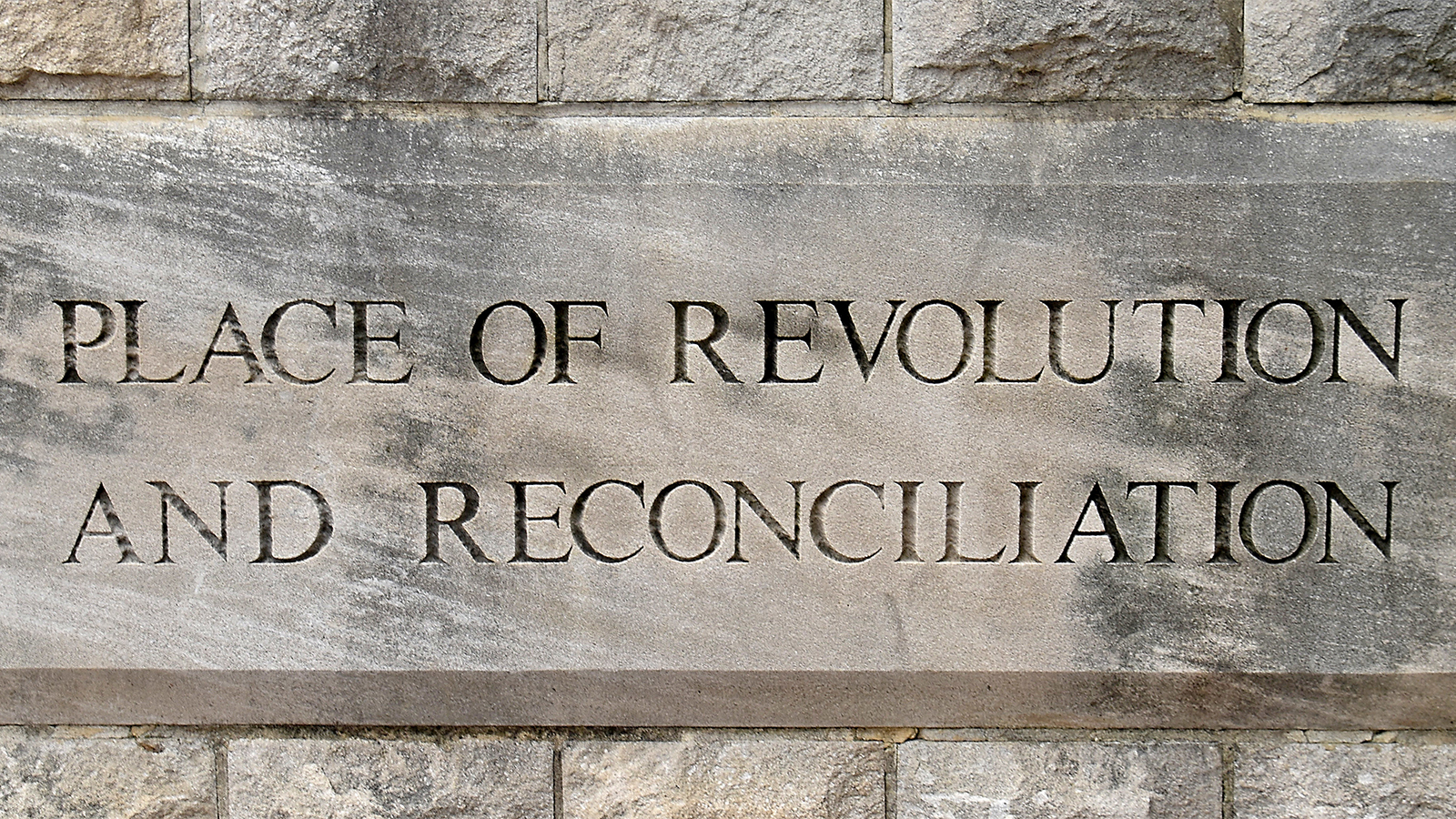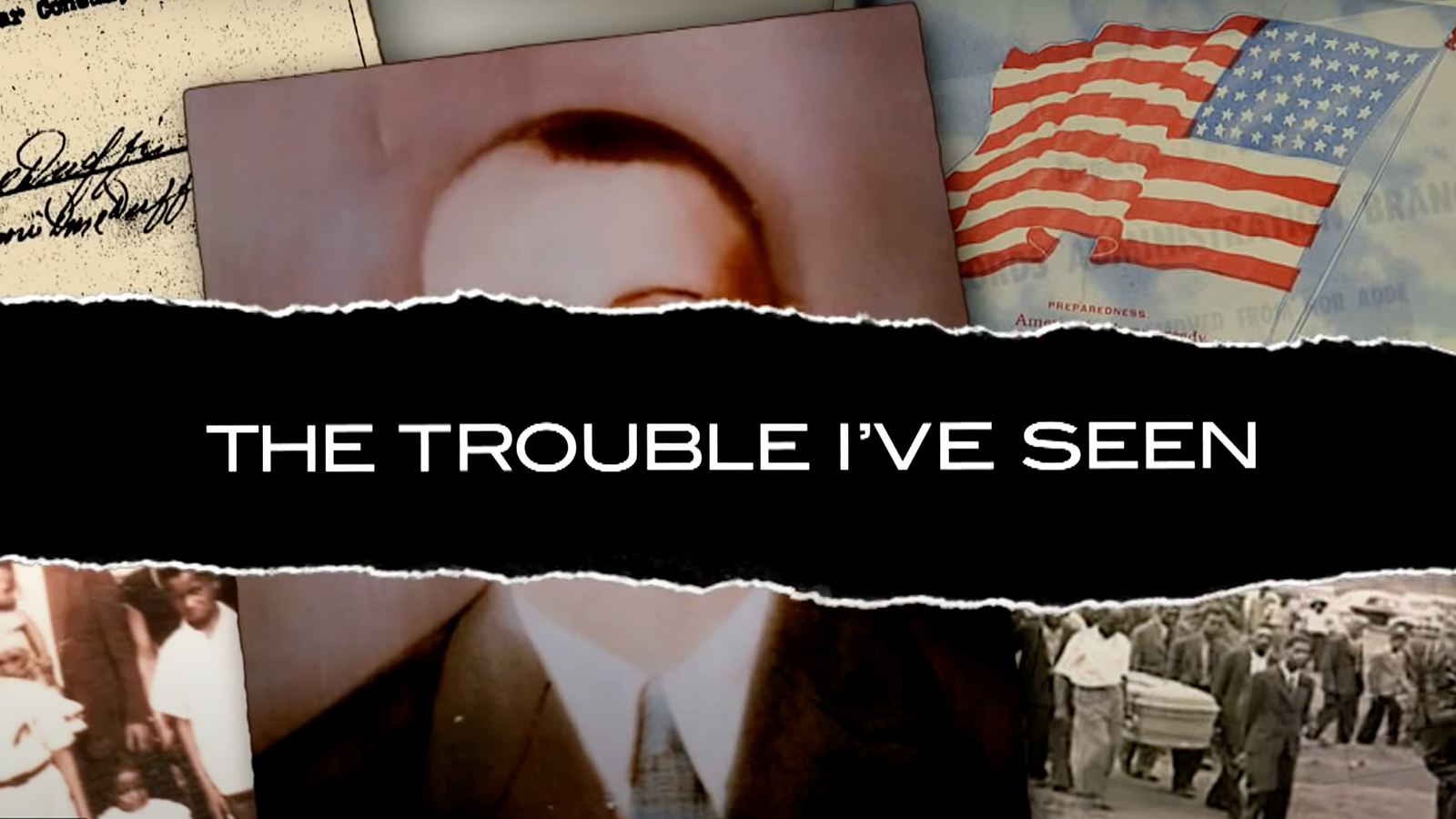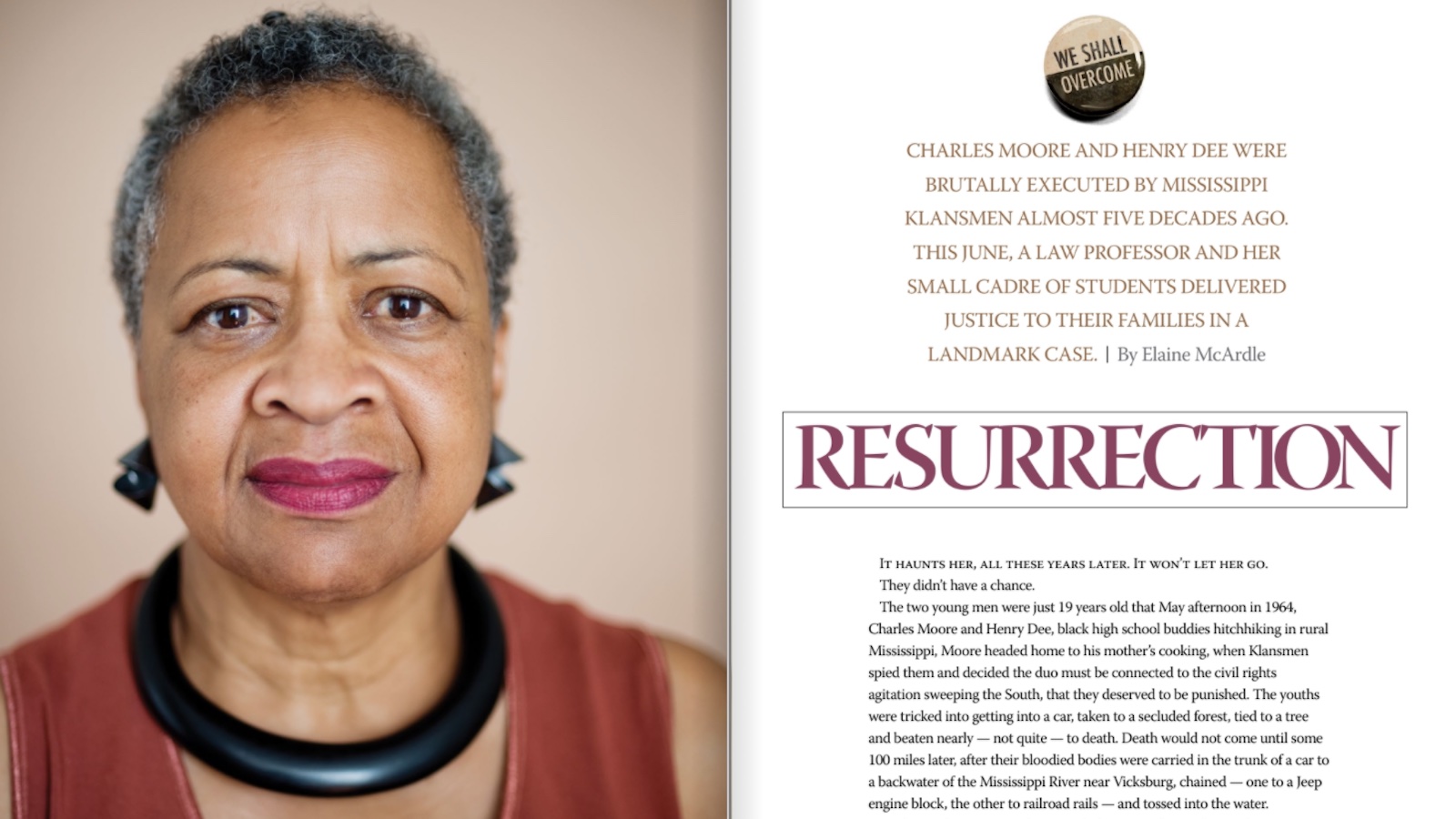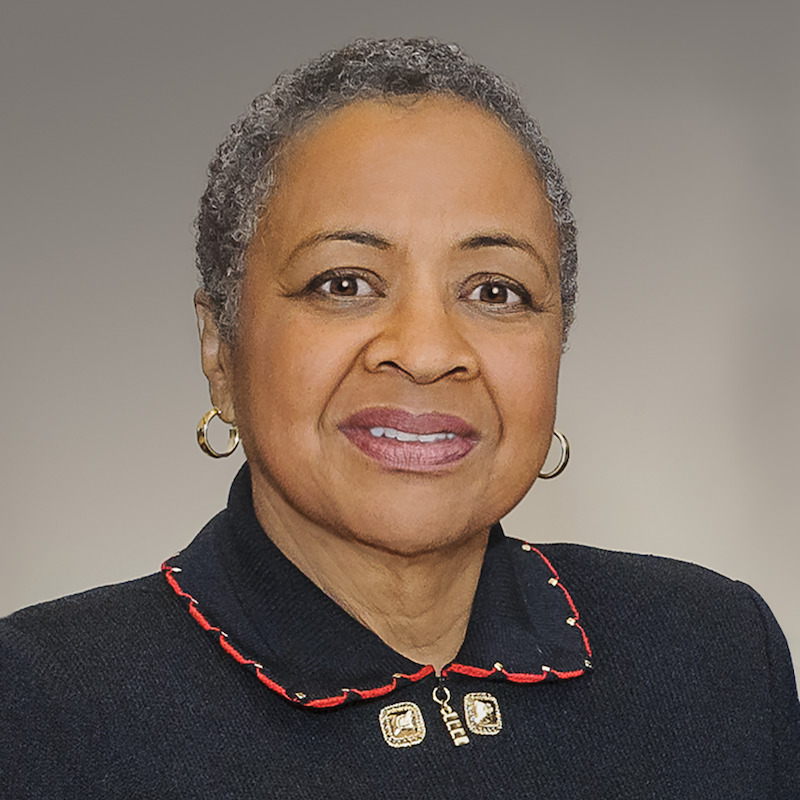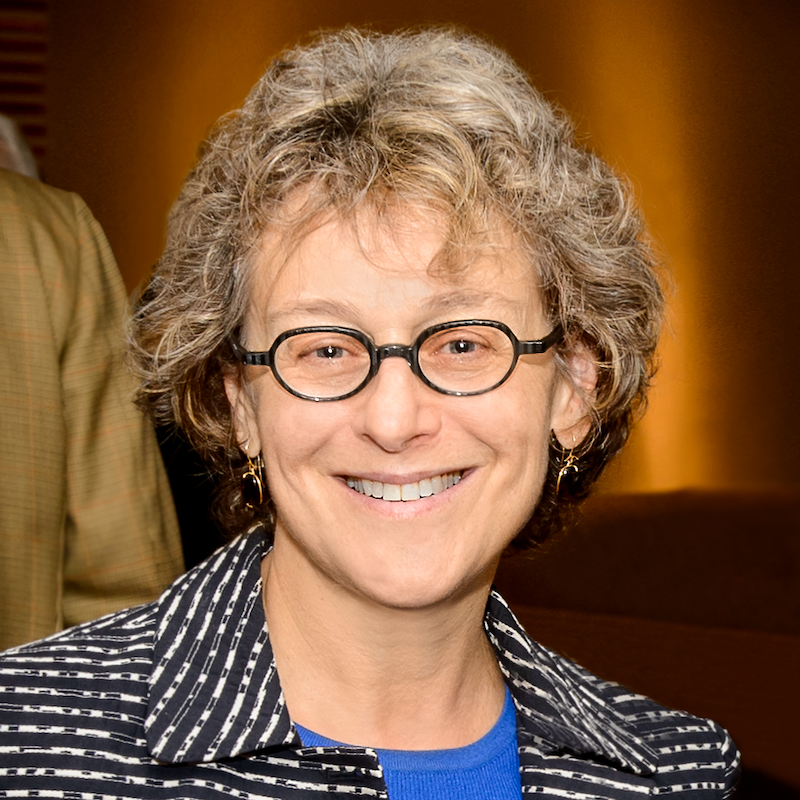Civil Rights and Restorative Justice Clinic
Civil Rights and Restorative Justice Clinic
The Civil Rights and Restorative Justice Clinic, in conjunction with the law school’s Civil Rights and Restorative Justice Project (CRRJ), is nationally recognized for its investigative research and restorative justice approaches that have brought some measure of solace and recognition to families and communities in which lynchings and other harms occurred in the South between 1930 and 1970. CRRJ, founded by Professor Margaret Burnham, addresses harms resulting from the massive breakdown in law enforcement during the mid-20th century civil rights movement. Notably, CRRJ’s leadership led to a landmark lawsuit against Franklin County, Mississippi, filed on behalf of the families of two Black teens killed by Klansmen in 1964.
The clinic aims to deepen lawyering skills required for effective civil rights practice, including the identification and formulation of creative remedial approaches, teamwork and organizing ability. Students learn the dynamics of “cause lawyering” and how to integrate legal doctrine, practice and ethics. With a national docket of cases, students travel to consult with client communities and investigate cases.
In 2022, the breadth and depth of the clinic’s work to date was fully revealed with the launch of the unprecedented Burnham-Nobles Digital Archive, which brings together evidence demonstrating the extensive scale and scope of killings between 1930 and 1954 in the Jim Crow South. Many of the 1,000 cases of anti-Black killings were mishandled by local police and prosecutors or went unreported until investigated by students in the CRRJ Clinic and others. Many of the stories in the Archive are recounted in Professor Burnham’s book, By Hands Now Known: Jim Crow’s Legal Executioners, and in media coverage of the Archive and book, including Professor Burnham’s interview with NPR’s “Fresh Air.”
